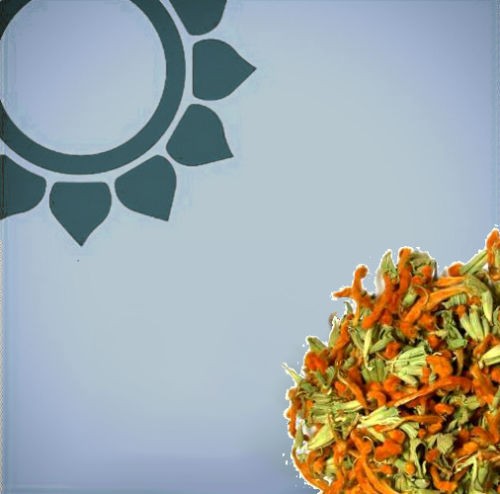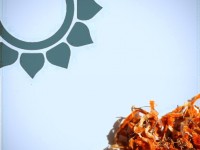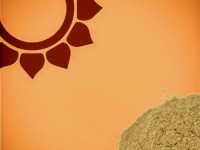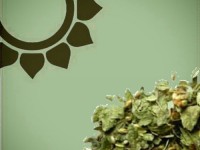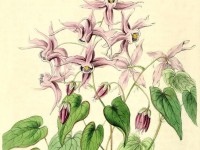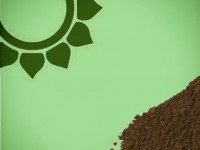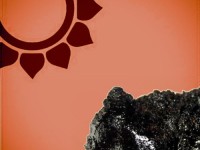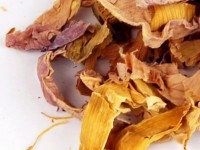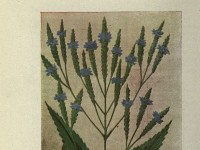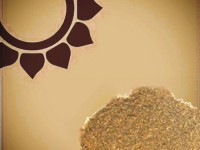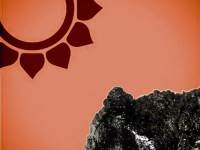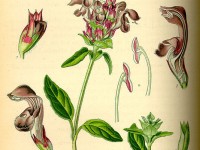Leonotis leonurus, also known as lion's tail and wild dagga, is a plant species in the Lamiaceae (mint) family. The plant is a broadleaf evergreen large shrub native to South Africa and southern Africa, where it is very common. In parts of Africa it is known for its medicinal and mild psychoactive properties. The main psychoactive component of Leonotis leonurus is leonurine.
Leonotis leonurus is cultivated as an ornamental plant for its copious orange blossom spikes and accent or screening qualities for use in gardens and parks.It is a moderate drought tolerant plant, and a nectar source for birds and butterflies in landscape settings.
Lion's tail can especially be found in other subtropical and Mediterranean climate regions beyond South Africa such as California, Hawaii, and Australia where it has naturalized in areas. In cooler climates it is used as an annual and winter conservatory plant.
The infusions made from flowers and seeds, leaves or stems have been widely used to treat tuberculosis, jaundice, muscle cramps, high blood pressure, diabetes, viral hepatitis, dysentery, and diarrhoea. The leaves, roots and bark are known as an emetic for snakebites, bee and scorpion stings. The fresh stem juice is used as an infusion drunk for 'blood impurity' in some places of South Africa.
See also
Leonurine
Leonotis nepetifolia
Leonurus cardiaca
Leonurus japonicus
Leonurus sibiricus
Leonotis leonurus is cultivated as an ornamental plant for its copious orange blossom spikes and accent or screening qualities for use in gardens and parks.It is a moderate drought tolerant plant, and a nectar source for birds and butterflies in landscape settings.
Lion's tail can especially be found in other subtropical and Mediterranean climate regions beyond South Africa such as California, Hawaii, and Australia where it has naturalized in areas. In cooler climates it is used as an annual and winter conservatory plant.
The infusions made from flowers and seeds, leaves or stems have been widely used to treat tuberculosis, jaundice, muscle cramps, high blood pressure, diabetes, viral hepatitis, dysentery, and diarrhoea. The leaves, roots and bark are known as an emetic for snakebites, bee and scorpion stings. The fresh stem juice is used as an infusion drunk for 'blood impurity' in some places of South Africa.
See also
Leonurine
Leonotis nepetifolia
Leonurus cardiaca
Leonurus japonicus
Leonurus sibiricus
02818
Payment Methods




Shipping
USPS, $2.50
Payment Policy
A 6.5% Tax is charged on all orders made in Kansas
Shipping Policy
All orders shipped within 1 day of payment.
Return/Exchange Policy
Returns accepted within 14 days of delivery.
Other Policies
peace~
gabe
Please Login or Register first before asking a question.
